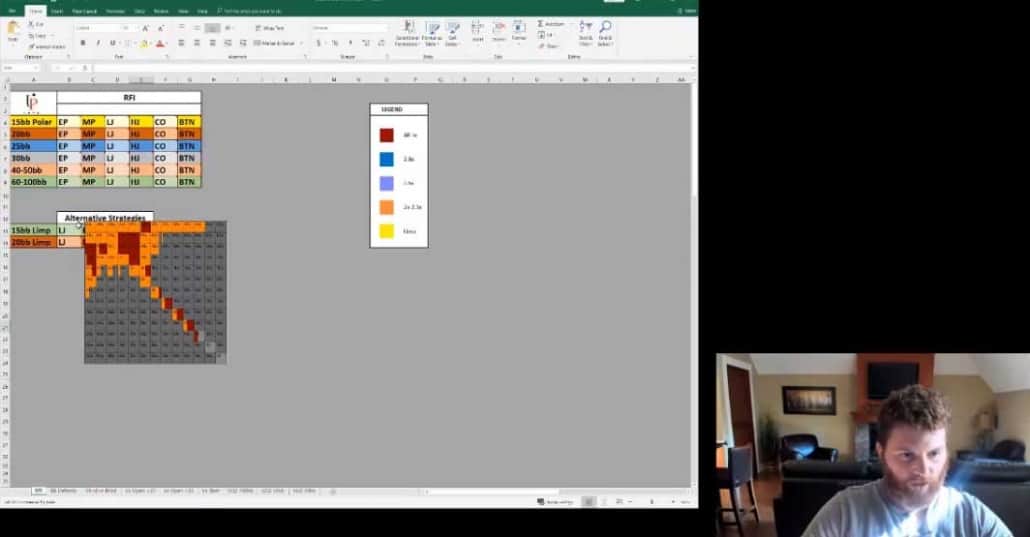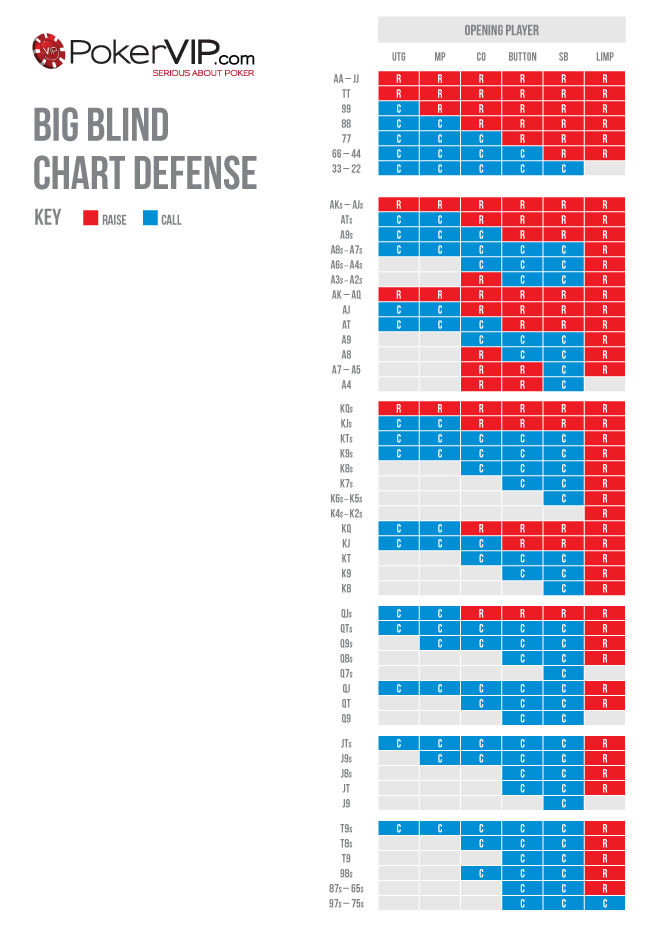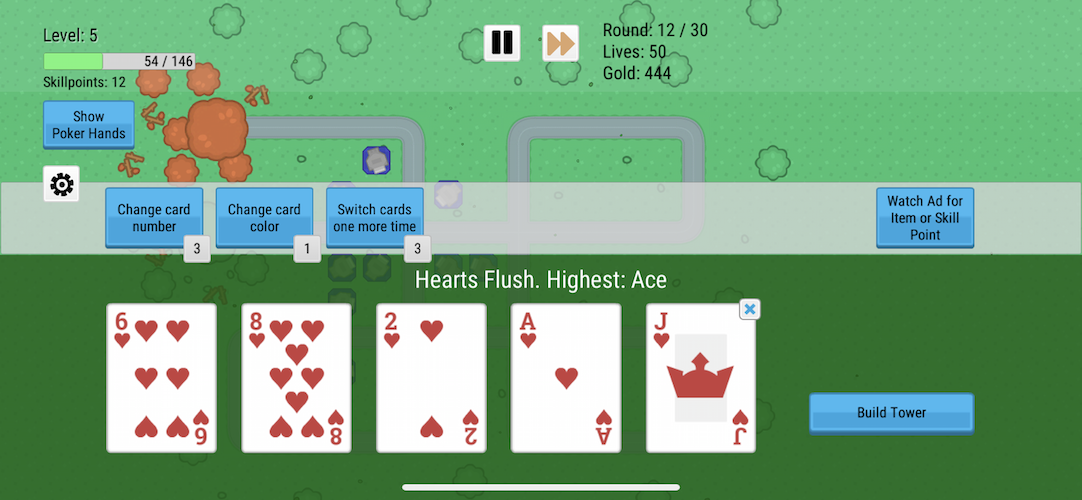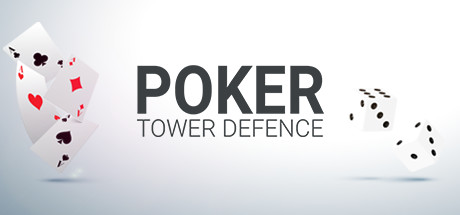I discuss mental game control strategies and post-flop 3bet pot strategies to help you plug the leak of losing money when calling 3bets.
Learn the ins and outs of big blind poker strategy. Playing from the blinds requires a bit of a different mindset than other positions, so you'll want to brush up. The big blind is unique and different from any other position at the table. Video poker strategy takes more space to display than blackjack strategy. There can be scores of lines. To properly use a video poker strategy chart it is important to know the difference between fully open and inside straights and straight flushes. You must also know the order of hands based on how much they pay.
Welcome to leading online poker school website with the most comprehensive poker strategy guides, professional software & tools and vibrant poker forum community. Learn poker online, understand hands charts, check our Texas Hold'em lessons and launch your poker career. Join now, it’s free!
In episode 182, I answered multiple Q’s about turbo MTT’s, Harrington’s M, folding strong hands and more.
Mental Game Control (1:55)
Mental game lapses in judgement are imperative to fix. Knowing the correct strategy for +EV plays does you no good if your finger clicking intentions get hijacked by emotion or distraction on their way from your brain to your finger.
Here are the most common mental game issues that cause poor 3bet defense decisions:
Callingoutofspite. You hate this opponent, you’re tired of his 3bets and you don’t want to fold or 4bet.
Over–relianceonposition. You justify making a call because you’ll have post-flop position, and you think you can find a way to use this to your advantage.
You’retiredordistracted. This causes you to miss the fact that calling is a -EV decision.
Callingwithhopeinsteadofmakingthe+EVdecision. You call with a set-mining hand, knowing that the pot odds are “bad” for this type of hand. Or, you’ve got a pretty hand that can flop miracles like K5s flopping a flush or 68 flopping a straight.
Notwantingtoadjustopenraisingranges. You’re not adjusting to the table. Sticking too rigidly to your open raising ranges when it’s not profitable to do so is a -EV, unthinking strategy.
These mental game lapses in judgement are win rate and bankroll killers.
4-Steps to Correcting Your Mental Game Issues (3:35)
Problems can’t be solved unless you’re aware of the issue. Take note of the mental game issues you suffer from and prioritize them. You’re going to tackle them one at a time, starting with the most frequent one.
For the remainder of these steps, we’ll focus on the mental game issue of “calling with hope”.
Step 2: Plan
This mental game issue is going to pop-up again, that’s a fact. Now, plan for how you will deal with it when it does.
Are you going to force yourself to follow your ranges?
Will you plan a response to a 3bet before you open raise?
Are you going to take a breath and think before every button click?
You know you call with hope too often, so, what are the hands that you do this with? Is it all suited connectors, suited gappers, every suited Ace or King? Make a list right now of the hands that get you into trouble. It might be something like 22-66, A2s-A9s, K7s-KTs, 54s-87s and 64s-QTs.

When dealt one of these hands, before you open-raise, plan what you’ll do versus a 3bet and put it on paper.
22-66 – fold unless the pot odds are insanely good and there are 20x implied odds behind
A2s-A9s – 4bet bluff with A3s and A4s, fold the rest
54s-87s – fold
Step 3: Focus and Execute
Keep your plan in front of you during your next play session. Focus your warm-up around it, and commit to following your plan during the session. Then, during the session when the inevitable happens, execute your plan.
Try to tag hands where you implemented your plan as well as any hands where you strayed from your plan.
Step 4: Assess
After your session, do a quick cool down where you assess how well you played against 3bets. Did you follow your plan? If you made any departures from the plan, were they for good reason and do you assess them as +EV?
In your next study session, review any tagged hands and filter for all “facing a 3bet” hands. Review them and assess the profitability of your decision.
Adjust your plan as you see fit for your next session, then repeat the process.
Post-flop in 3bet Pots (8:25)
We’re keeping things simple and approaching post-flop play with one assumption in mind: you made a +EV decision when you called the 3bet to see the flop.
In 3bet pots, you want to play straightforward as mistakes now equate to greater losses (but on the flip-side, there’s a ton of profit potential in these pots). Straightforward doesn’t mean a fit-or-fold approach with no bluffing or drawing to a hand. What it does mean is we’re looking to make only +EV decisions and we’re ready to ditch the hand if that’s the best play.
4 Important Aspects of 3bet Pots
1. Your Capped Range and the Opponent’s Range
By just calling pre-flop, you’re telling your opponent that you don’t have AA or KK, and AK is missing from your range as well (we know that you occasionally put these hands in your 3bet calling range, and that helps to surprise your opponent at times).
Because you’re at a range disadvantage, you need to be prepared to fold a lot post-flop. But don’t be overly concerned about this. It’s necessary to fold a bit more, so you aren’t losing more when you flop little equity in these bigger pots. Some of your most profitable opponents passively call down in 3bet pots with mediocre hands and draws. You target these players for profits, so don’t be a profit target yourself!
Your 3betting opponent does have a stronger range after all, and they know it. They’ll use this against you to cbet and double-barrel you off your hand. Speaking of your opponent’s range, what is it? You must’ve considered their 3betting range before you made your pre-flop call.
Your range is usually a consideration of theirs as well. If the flop hits your calling range, they’re going to be at least slightly worried that you hit the flop.
2. The Board
Range and board interaction is critical when deciding to continue past the flop, and when making value or bluff plays.
A common 3bet range is TT+ and AQ+ (4.7%, 62 combos). This range contains 38 hands with at least one Ace. On Ace high flops, like A96, as the caller you need to be very concerned. With the Ace on the board, that does block a lot of Ace combos in their range. But, now they’ve got 27 combos with at least one Ace, so they hit TP+ 53% of the time here.
Although, on a board of 984 they hit it far less frequently as the best they can have is an overpair. But, you as the pre-flop caller, can potentially have QQ, JJ, TT, 99, 88, JTs and possibly 98s in your calling range. Because this board hits your range very well, they need to now take caution.
The idea of attacking weakness and avoiding strength is critical for good post-flop decisions. When a board favors your opponent, be more inclined to fold (avoid). When it favors your range, be more inclined to call, bet or raise (attack).
3. The Opponent’s Play
Your opponent’s initiative allows them to use continued aggression to push you off your hand with a flop cbet, delayed cbet or a double-barrel bet.
It’s critical that you pay attention to your opponent’s tendencies in 3bet pots. Look at their cbet %’s both as a total and in 3bet+ pots. Most of the time these numbers are about the same, but spotting differences can lead to some good exploitative plays.

It’s great when Total Flop Cbet is at 75%, but Cbet in 3bet+ pots is at 55%. They’re more honest in 3bet pots, probably due to the amount of money at risk. Use this against them and be more inclined to fold versus their display of strength.

Bet sizing is another extremely important item to consider. If your opponent hit this flop and is betting for value, what sizing do you think they would use? The wetter the flop, the bigger their value bet will be.
If bluffing, what size will they use? The smaller the bet, the more likely it’s a bluff. And small bets on really wet boards, from a pre-flop 3bettor, are very likely cheap attempts at “protecting” their strong hand.
Think ahead before you make a decision on each street. If calling on the flop, what can you expect from your opponent on the turn? What cards are good for you, and what are good for Villain?
4. Your Position
Poker’s easier when IP, so if you’re following your 3bet defense ranges, you’ll be IP more than OOP post-flop (because you’re defending more when IP).
Fold – this is the most common line you’ll take. When the flop gives you 0 or little equity, and you can’t see future bluffs working too well, this is your best option.
Call – this is a valid play when the pot odds you’re being offered make it a +EV decision to stay in with draws or some made hand equity.
Raise – this is the least common play you’ll make, but it can be extremely profitable for both bluffs and value raises. Gauge the situation carefully because you’re committing many more chips due to the size of the 3bet pot. If going for value, you want to know your opponent can continue with worse. If bluffing, you want to know that they can fold better.
Bet – when your 3betting opponent indicates weakness by checking the flop (for example, holding AK on 974), betting can often take it down.
Check–fold – this will be the most common line you’ll take.
Check–call – fine to do if the pot odds being offered make it worth the price to continue (beware of being OOP on the turn and river as well).
Check–raise – everyone check-raises for value with sets and 2p hands, so you can balance your c/r range by adding some bluffs here.
Donkbet – betting out before your opponent has the chance to act. This can throw them off their game, but I don’t recommend it. If you had a value hand, you’re likely c/r, right? So, balance your c/r range with value and bluffs.
Probethenextstreet(orstab)– this is betting on a street after the opponent checked-behind on the prior street. They showed weakness, and you’re taking the opportunity to bluff them or go for value.
Whether IP or OOP on the flop, you have many plays and bet sizes at your disposal. Choose the one that will most likely yield the result you’re looking for, and pull the trigger on it.
Challenge (18:50)
Here’s my challenge to you for this episode: Everyone has some form of mental game leak, so what is yours? Follow the 4-step process I outlined for correcting your mental game leaks and implement it with your next play session. Be aware of the issue, plan out how you’ll address it in-game, focus on your plan and execute it, then assess your play afterwards.
Now it’s your turn to take action and do something positive for your poker game.
Support the Show
Bryan Spencer and Mark Cooper both picked up the Smart HUD for PokerTracker 4 to help them understand and exploit their opponents better. Get ’em, guys! Get the Smart HUD here.
- The 12 Days of Christmas 2020 Podcast Episodes - December 14, 2020
- Strategies and Action Steps from the Quick Wins Poker Course - November 24, 2020
- How to Quickly Understand Online Tournament Players – Podcast #318 - November 18, 2020
Main Content
Check out the latest podcast episodes
The 12 Days of Christmas 2020 Podcast Episodes
December 14th, 2020
It's the 12 Days of Christmas... Merry Christmas! My first gift to you, a new podcast episode every day through Christmas Day. Give 'em a listen be[more...]
Poker Lessons from Me and My 10-Year-Old Son: Don’t Be Afraid to Try Something New
December 6th, 2020

My son is 10 years old now and it’s special to watch him grow up. He reminds me of myself, in particular how he gets obsessed with certain toys and ga[more...]
Strategies and Action Steps from the Quick Wins Poker Course
November 24th, 2020
I'm about to give you 10 quick and critical strategies and actions steps that will take you from a losing to a winning player. These are the 10 module[more...]
How to Quickly Understand Online Tournament Players - Podcast #318
November 18th, 2020
A few weeks ago, listener Sherri Cook sent me this question about understanding tournament players:I’m loving your podcast, Sky. I just subscribed a[more...]
Poker Defense Strategy Pdf
How to Start Playing Online Poker – Your New Journey
Starcraft 2 Poker Defense Strategy

October 29th, 2020
This page will teach you all you need to know to begin an enjoyable, profitable and rewarding online poker journey. You're about to learn: The be[more...]
Run the Tags




